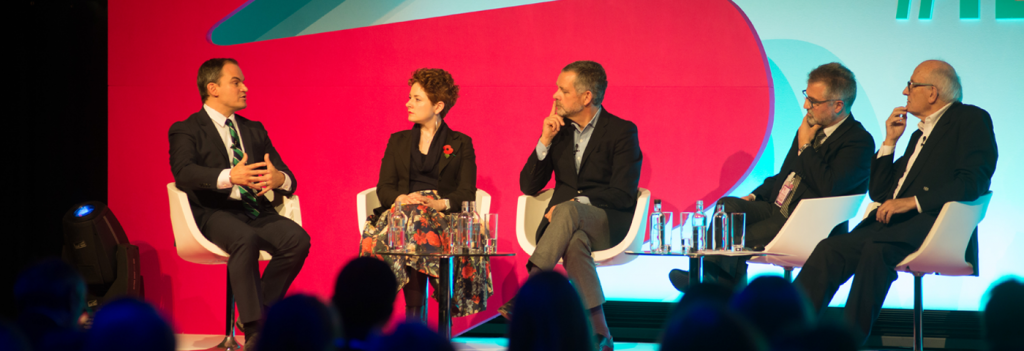There is more coverage of the issue of overtourism in the mainstream press than in the trade press. Understandably destination marketers and many governments dislike the word “overtourism” being associated with their destination – the ideas of coping or managing success are more popular with them. Managing and coping – with success are euphemisms, but they have the advantage of implying, conveying, that the issues are being addressed.
Overtourism is powerful because it conveys both the problem and the emotional response that people – residents and visitors – have to the phenomenon. Overtourism describes destinations where hosts or guests, locals or visitors, feel that there are too many visitors and that the quality of life in the area or the quality of the experience has deteriorated unacceptably. It is the opposite of Responsible Tourism which is about using tourism to make better places to live in and better places to visit. Often both visitors and guests experience the deterioration concurrently. We have now seen reports of travellers being deterred from visiting Venice by the reports of overcrowding in the city.
At WTM London leaders of tourism in four cities Amsterdam, Barcelona, London and New York were interviewed about the experience in their cities and about how they were managing it. The session is available to watch. The session in on what we can learn for Barcelona was a great success and can be listened to as a podcast.
In the World Responsible Tourism Awards Barcelona was the overall winner. The judges recognised that both the City Council and Turisme de Barcelona have consistently avoided negative and divisive language in discussing the impact of tourism in Barcelona, instead emphasising “identity and coexistence”, the imperative to manage tourism better, and referring to tourists as temporary residents. Barcelona was the 2018 overall winner because of the need to address overtourism, and the range of management methods the city has used to do so. The judges felt their experience has the potential to educate and challenge other destinations to respond to the issue and do more.
Barcelona shared Gold in the Best for Managing Success category with Kumarakom, in Kerala, India. In Kumarakom the Kerala government has worked with the panchayat, the local government unit for the area, to develop a Responsible Tourism programme to address the environmental challenges and increase the positive impacts of tourism, through encouraging the growing of produce for the industry and creating Village Life Experience tours to improve the visitor experience and ensure that local people had a stake in the industry and benefit from it. The judges also recognised as “one to watch” the work of the National Trust in Northern Ireland at the Giant’s Causeway and Carrick-a-Rede which has introduced timed tickets for visitor and for coaches managing the tourism flow and securing a significant increase in visitor satisfaction from 56% in July 2016 to 88% for the first 8 months of 2018.
Both causes and management interventions vary from place to place and whilst overtourism is occurring all around the world it is not a global challenge in the same sense that carbon emissions and plastic waste are. To effectively address overtourism and to maintain a quality competitive destination it is essential to move beyond denial or at least recognise that pre-emptive management interventions need to be made to avoid the risk. Overtourism is a stark example of the limits to growth and a consequence of the failure adequately to address the issues of sustainability.
We need now to share information about solutions, about what management interventions work best in the diverse contexts in which the problems arise. That work began at WTM London – more here early in 2019.
